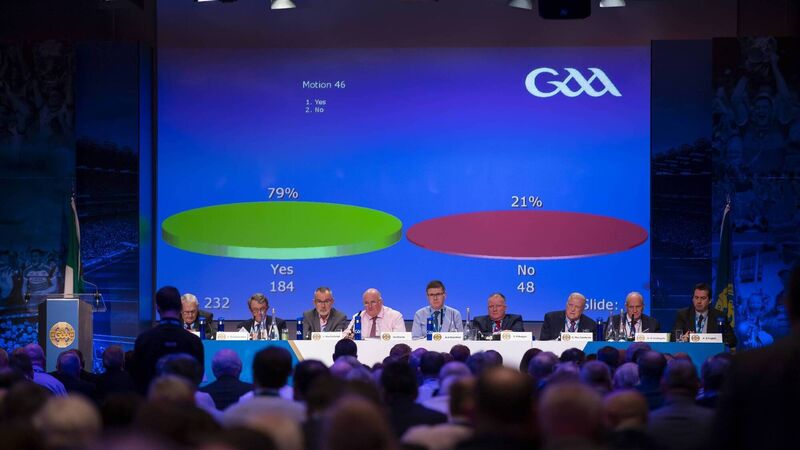Tommy Martin: At its political crossroads the GAA needs something bolder than consensus

Getting it right with the football championship might be a panacea for a whole swathe of gripes and ailments, especially those of the counties that lie outside the elite handful
Though soon to be at a loose end, it’s unlikely Angela Merkel’s next career move will be into GAA high office. Which is a shame, because her previous employment would have prepared ‘Mutti’ well for the Croke Park mandarin class.











